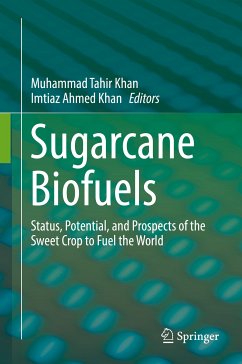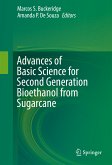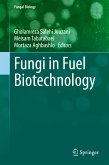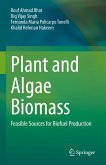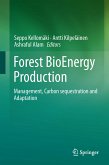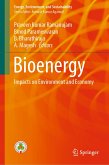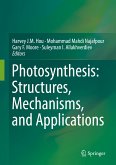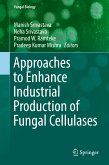Sugarcane exhibits all the major characteristics of a promising bioenergy crop including high biomass yield, C4 photosynthetic system, perennial nature, and ratooning ability. Being the largest agricultural commodity of the world with respect to total production, sugarcane biomass is abundantly available. Brazil has already become a sugarcane biofuels centered economy while Thailand, Colombia, and South Africa are also significantly exploiting this energy source. Other major cane producers include India, China, Pakistan, Mexico, Australia, Indonesia, and the United States. It has been projected that sugarcane biofuels will be playing extremely important role in world's energy matrix in recent future.
This book analyzes the significance, applications, achievements, and future avenues of biofuels and bioenergy production from sugarcane, in top cane growing countries around the globe. Moreover, we also evaluate the barriers and areas of improvement for targeting efficient, sustainable, and cost-effective biofuels from sugarcane to meet the world's energy needs and combat the climate change.
Dieser Download kann aus rechtlichen Gründen nur mit Rechnungsadresse in A, B, BG, CY, CZ, D, DK, EW, E, FIN, F, GR, HR, H, IRL, I, LT, L, LR, M, NL, PL, P, R, S, SLO, SK ausgeliefert werden.

